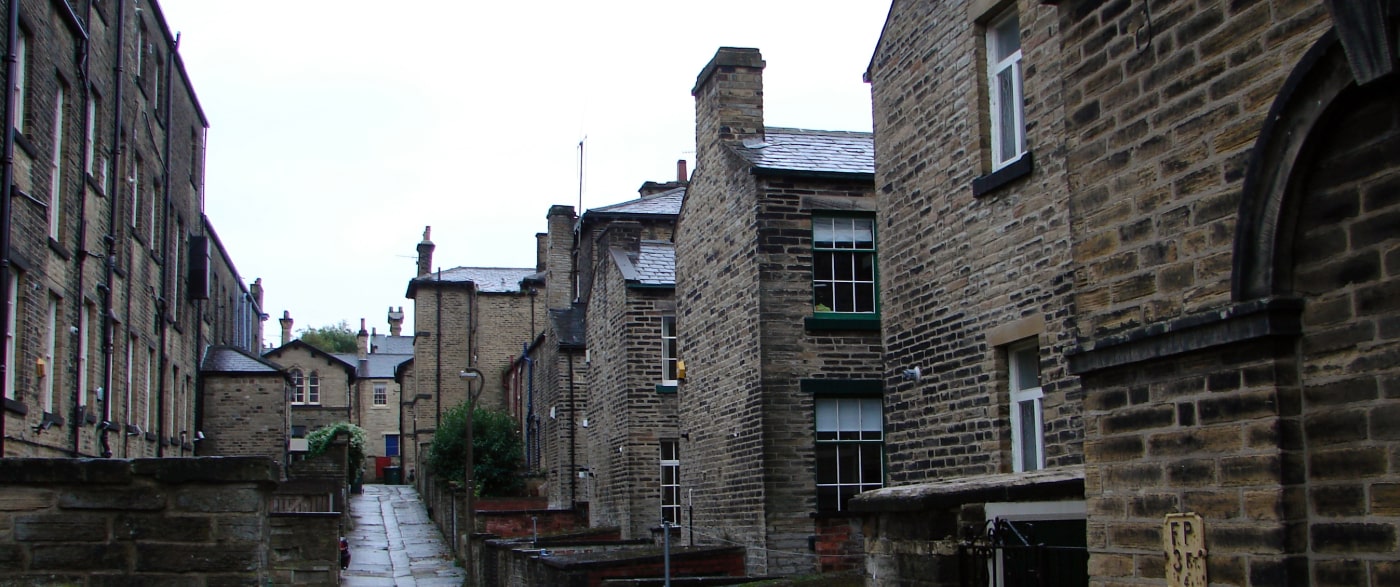Sustainable Utopias: Exploring the Past to Change the Present

Researcher
Dr Jacqueline Yallop
The Overview
Dr Jacqueline Yallop’s research on utopian projects of the eighteenth, nineteenth and twentieth centuries has enabled readers of her writing, and participants in associated projects, to make sustainable lifestyle changes for themselves and their communities.
Her interdisciplinary work explores ways in which utopias are constructed and expressed, enhancing public awareness, inspiring new public activities and festivals, changing heritage consumption and encouraging a revision of personal food ethics.
The Research
Dr Yallop’s research reveals the motives behind a range of utopian projects throughout history, in order to explore how we understand and express the utopian ideal now, and how this might change attitudes to the current built and rural environment.
The first element of the research addresses the utopias of the past and the motives of those who constructed them. Published works including Marlford and Dreamstreets interrogate the reasons for the growth and decline of planned workers’ villages, considering what lessons can be learned from these utopian experiments. The research offers an insight into rural estates and their associated villages, establishing a critique of the mid-twentieth-century decline of social cohesion and responsibility, as well as examining key examples of the utopian village throughout Britain from the long nineteenth century. Through new interdisciplinary links, the research uncovers a number of common threads linking utopian projects of the past.
The second element of Dr Yallop’s research investigates competing ideas of a rural utopia (social, literary, philosophical), raising debate about sustainable living. Big Pig, Little Pig examines Dr Yallop’s personal experience of raising and slaughtering animals in the context of changing landscapes and rural habits. This research draws in particular on eighteenth- and nineteenth-century archives to explore ways in which an understanding of the motives of the past can influence a sustainable future, providing insights into land use and ownership, as well as changing notions of social responsibility.
The Impact
Enhancing Public Discussion and Introducing New Perspectives on Sustainability, Food Consumption and Active Community-Building
Influencing Conceptual Understanding
Feedback from the workshops evidence a change in conceptual understanding, from not recognising the word ‘utopia’ at all to identifying the principle of ‘community and environment… an ideal place to live’.

Get in touch
As a University, we’re always keen to share our knowledge and expertise more widely for the benefit of society. If you’d like to find out more or explore how you can collaborate with our researchers, get in touch with our dedicated team of staff in the Department of Research, Business and Innovation. We’d love to hear from you. Just drop an e-mail to:
Research Impact Case Studies | Research Theme: Culture
